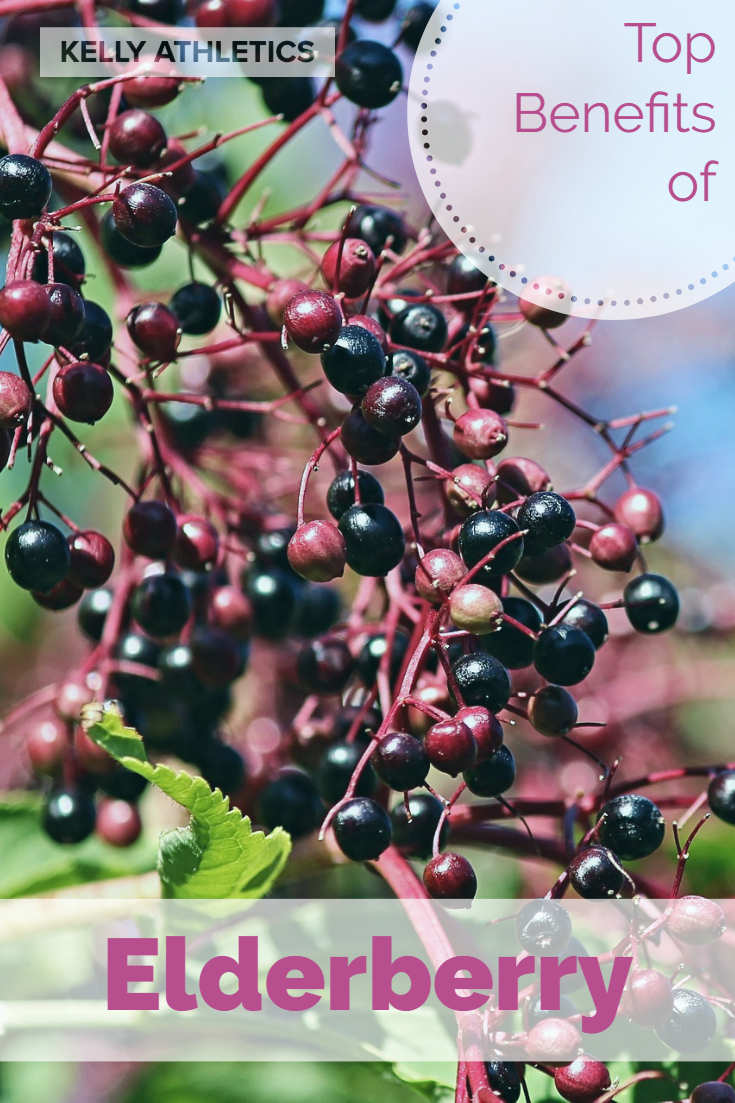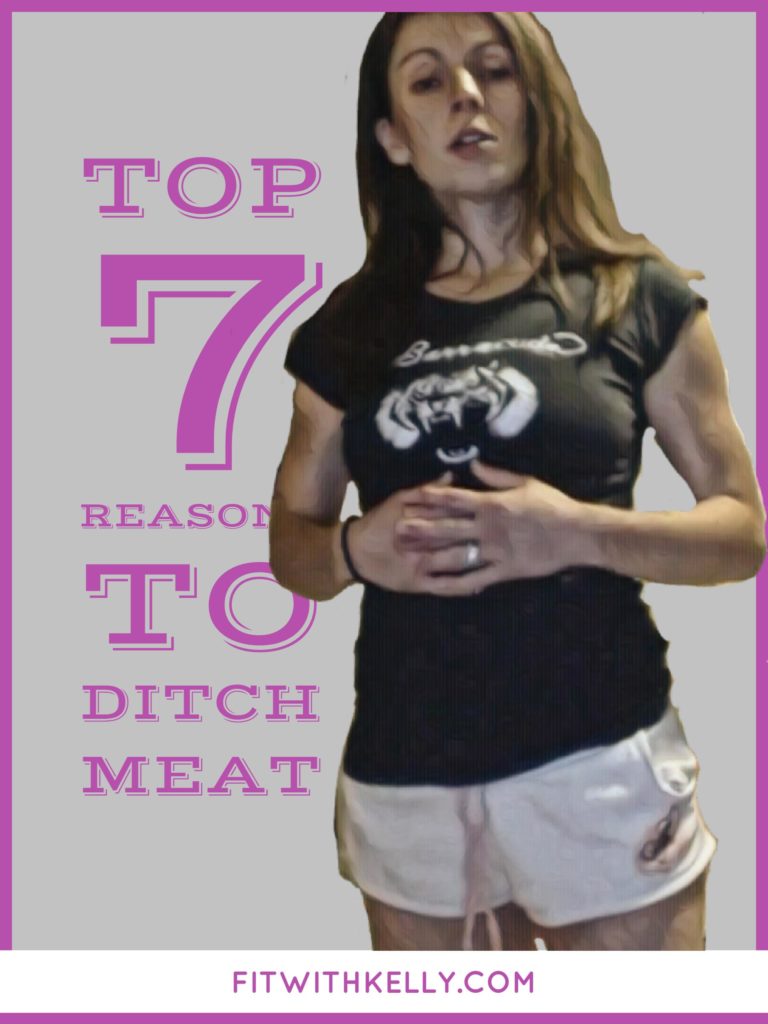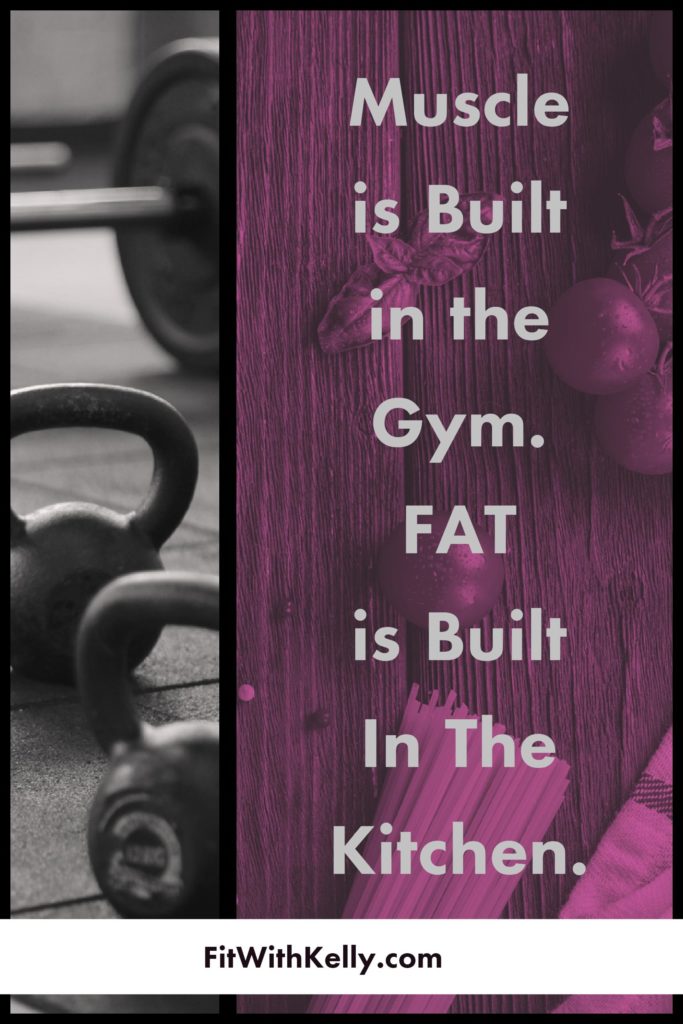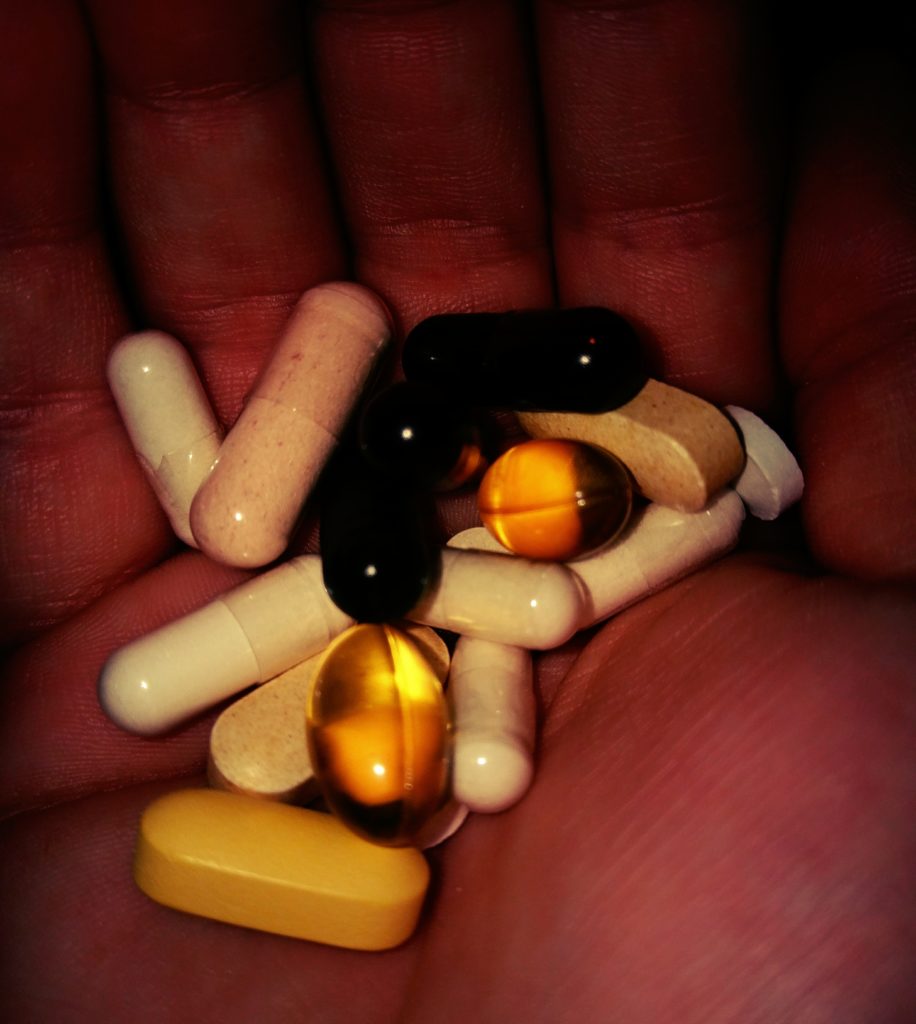
Capsules
The most common way to take a supplement is to swallow capsules or tablets with water.
Lozenges
If you have a sore throat or cough, you can suck on a lozenge like a cough drop!
Herbal Tea
Steep tea leaves in hot water, strain then drink to sooth your digestive tract.
What are Black Elderberries good for anyway?
Elderberries are very versatile in nature and perform multiple functions in the body. They activate the immune system to fight infection at the onset of illness. The fruit can be taken in frequent high doses for a few days when coming down with a cold or flu. When trying to reduce the risk of catching an illness, it can be taken infrequently. Also, elderberries directly kill bacteria, viruses, and/or fungi. It goes great in combination with licorice root to soothe and heal a sore throat/cough. It also blends perfectly with elder flower (the other medicinal part of the Elder plant) to help break a fever or fight off allergens. There are numerous benefits of Elderberry but herbs are more effective when taken in combination with synergistic herbs.
I encourage you to learn more about herbal medicine (or herbalism) to uncover not only the benefits of elderberry but the benefits of all kinds of herbs and superfoods. To be and stay healthy takes commitment to stick to a healthy on diet and supplement plan, among other lifestyle factors. I am a Holistic Nutritionist who can guide you on a path to better health and longevity. It is my pleasure to introduce you to more immune-boosting tips with my "Fight Infections Naturally" nutrition lesson. Get started with a holistic nutrition evaluation here.
Latest Posts from our Blog
Disclaimer: Contact me so I can recommend the best types of herbal supplements for your unique needs. Please see your health practitioner before making any changes to your diet, supplement, or treatment plan(s). View our Terms.


